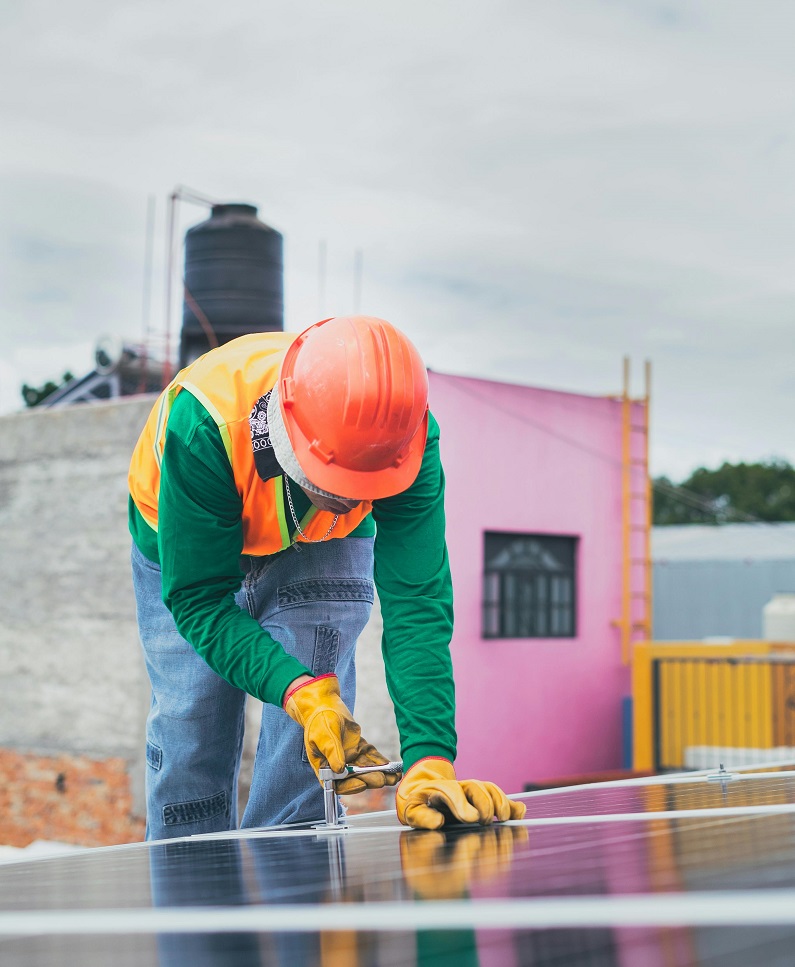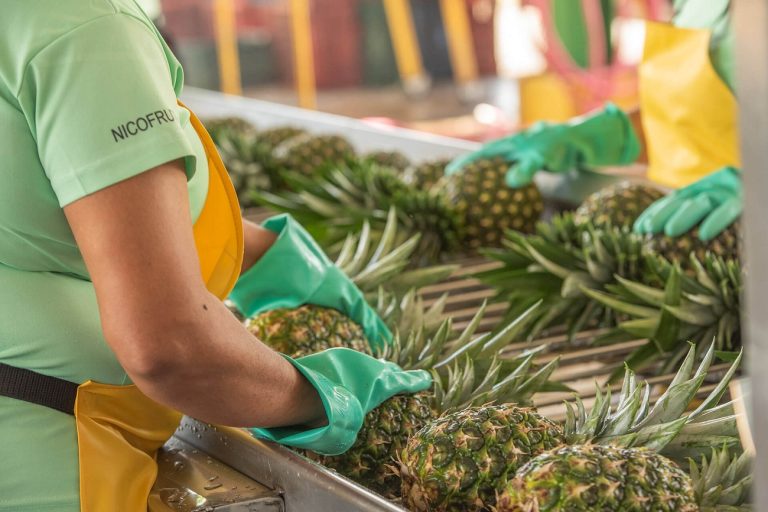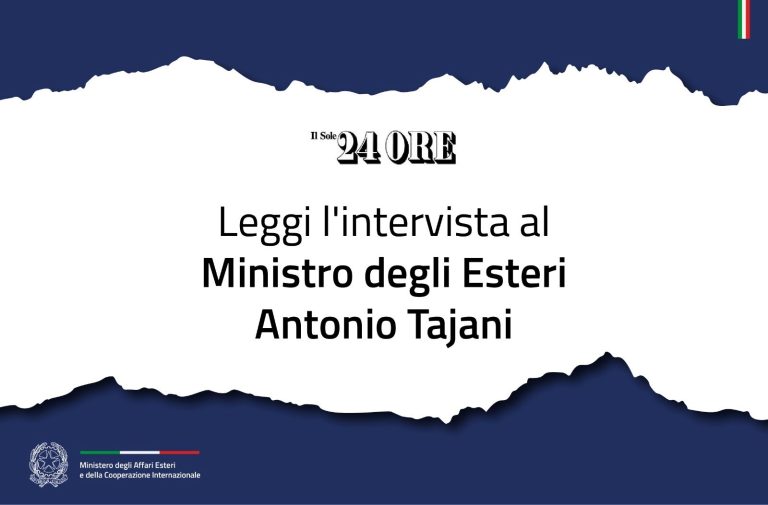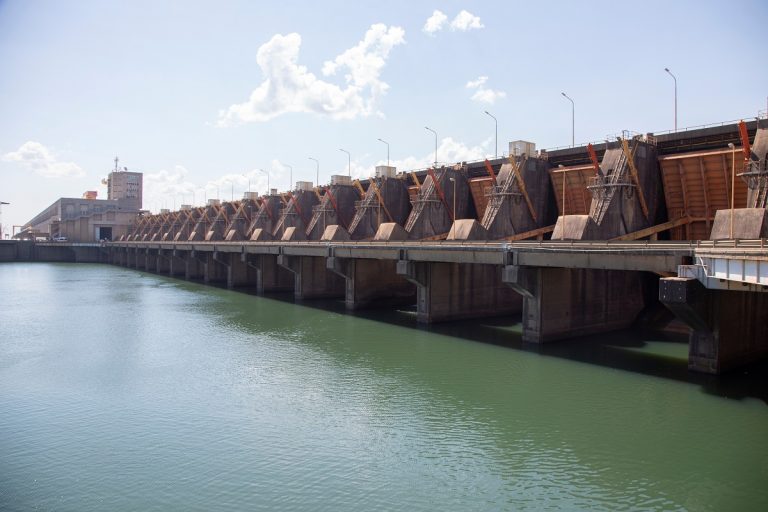In response to the severe energy crisis that the country is currently experiencing, the Cuban government has issued a Decree for “the control and efficient use of energy carriers and renewable sources”. Under this decree, by 2028 public and private economic actors considered “large consumers” of energy shall generate at least 50 per cent of the electricity they use during the daytime peak hours (the time span between 11am and 1pm) from renewable sources.
Pursuant to the Decree, large consumers of energy carriers are the state and non-state economic actors, foreign companies, and associations that consumed a monthly average of 30 megawatt hours (mWh) or more, or 50,000 litres of fuel in the last twelve months of the previous year. These entities will have a transition period of up to three years to install renewable energy sources or enter into contracts with the Electricity Union for installed capacity in solar photovoltaic parks to generate at least 50 per cent of the electricity consumed during peak hours of the day. This is with the exception of the Mariel Special Development Zone, where the Italian company Systems Costruzioni is building a glass factory in joint venture with a state-owned company of the economic conglomerate GAESA.
In the event of non-compliance with rules and regulations, the State authorities can interrupt the supply of electricity for up to seventy-two hours and impose fines.
The Decree is the latest in a long series of measures that Cuba has adopted this year, at a time of worsening economic and energy crisis, with daily power cuts in all the provinces of the island. The energy crisis, which has lasted in Cuba for years, has worsened significantly since the end of August and, in recent months, there have also been daily deficit rates of electricity production exceeding 50% of the needs at peak times. Moreover, the country has had to deal with two severe malfunctions of the National Electricity System (SEN), put to the test by the lack of fuel, due to the lack of foreign currency to import it and by the repeated failures of the country’s obsolete thermoelectric plants.
The recent Decree responds to the government’s plans to increase the share of renewables in the national energy mix to 24% by 2030. In particular, the country is investing in solar energy, and at the end of November last year, the Cuban state company Empresa Eléctrica announced the construction of three new photovoltaic parks with a total capacity of 60 megawatts in the province of Camagüey, which will add to the 12 plants already installed in the central region of Cuba. In mid-March, it was announced that Cuba plans to install 92 photovoltaic parks with a total electricity generation capacity of 2,000 MW by 2028, while Cuban experts have identified 21 areas of the country that provide favourable conditions for the construction of wind farms. The country, however, is still far behind its roadmap. Less than 5% of daily electricity needs are currently met by renewable sources.
Crackdown on wholesale trade for private enterprises
The Cuban government has recently introduced new regulations regarding wholesale trade, including State entities in the process of commercial distribution of goods, with a significant impact on small and medium-sized private enterprises (mipymes). In fact, under the new regulations, only the mipymes that hold a “main activity” license in wholesale trade will be authorized to operate in the sector and to do so exclusively through State entities or State wholesale companies through the signing of specific contracts. Mipymes and cooperatives that carry out wholesale trade as a “secondary activity” are excluded from this practice, and the same holds true for self-employed workers.
This measure is part of a government package of measures aimed at modernizing the non-state sector, with the stated goal of reducing inflation and boosting the economy. The new provisions, however, could have several consequences, including a potential reduction in the efficiency and availability of some imported consumer goods, with possible negative impacts on consumers. Some mipymes may also have to cease operations or significantly reduce their business volume. There are also uncertainties regarding the exchange rate and the currency used in transactions between private individuals and the State, which could generate difficulties for companies that import goods.
This measure could paradoxically favour and increase the competitiveness of foreign companies that supply the State commercial network or import products intended for sale through online platforms that pass through Cuban financial institutions.







